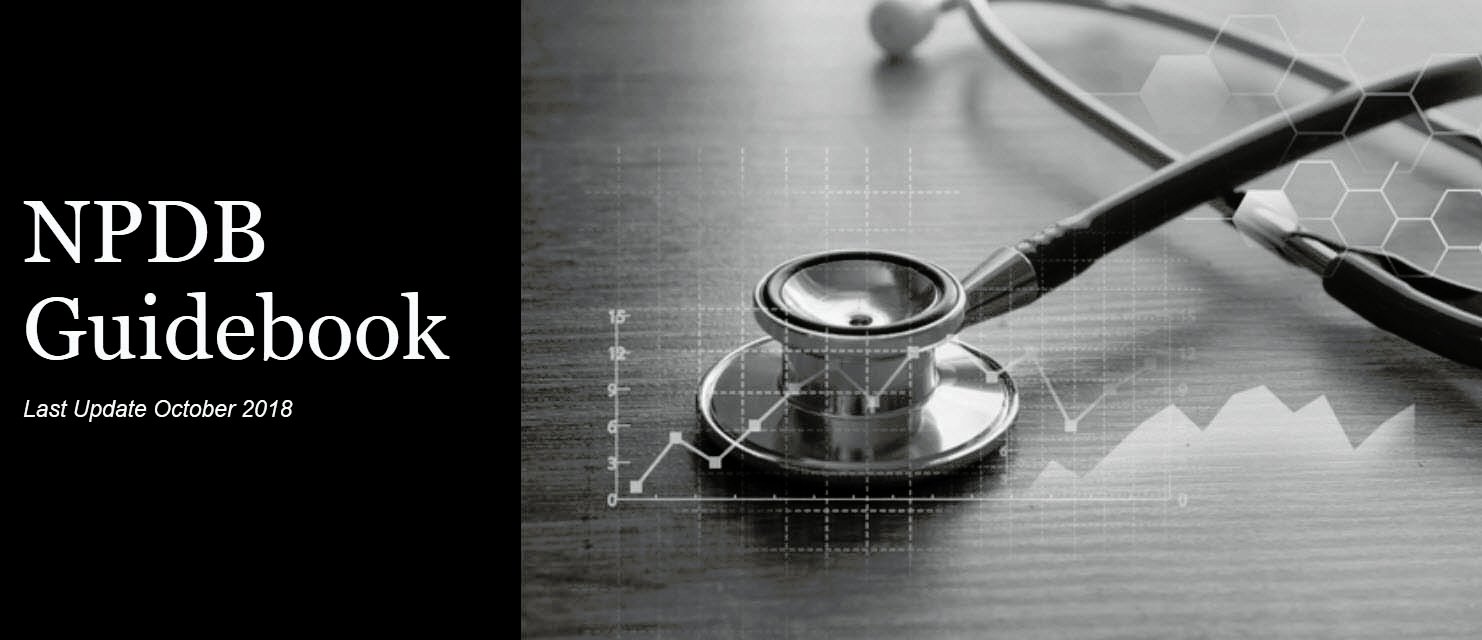Hospitals that create untrue NPDB reports may be liable for damages to the physicians reported. Although the Healthcare Quality Improvement Act may immunize hospitals and professional peer review bodies, those protections do not extend to peer reviews taken in bad faith or that do not comport with due process.
In the case Sheikh v. Grant Regional Health Center (11-cv-1-wmc, W.D. Wisconsin) (opinion here), a Federal District Court denied a hospital’s motion to dismiss claims for intentional infliction of emotional distress and negligent infliction of emotional distress, stating that a jury could infer that submitting false information to the National Practitioner Databank was intended to cause a physician severe emotional harm.
Quotes from the court’s opinion include
“This court finds that intentionally and knowingly publishing false information in a national database for the sole purpose of harming that person is the type of conduct that a reasonable jury could find to be extreme and outrageous.”
and
“A reasonable jury could certainly find a person has suffered “an extreme disabling response” as a result of having false and disparaging information published about them on a national database and being precluded by that information from obtaining future employment in their chosen profession, particularly if years were spent in qualifying one’s self for that work.”
Because damages in cases such as this may include a physician’s past and future lost wages, the potential liability can be significant if a hospital loses such a case.
Hospitals may avoid liability for NIED and IIED claims and other liability for untrue NPBD reports by verifying the accuracy of any information reported to the National Practitioner Data Bank and by acting in good faith when engaging in peer review.
If a hospital threatens to report untrue or inaccurate information about a physician to the NPDB, the physician may help to establish a hospital’s liability for doing so by putting the hospital on notice that the information is demonstrably false. Sending the hospital a certified letter or fax specifically stating how the proposed information is false and demanding that the hospital refrain from reporting the untrue information may be a deterrent to a hospital’s bad behavior.
For more posts about legal cases, see the legal cases section of this site.
